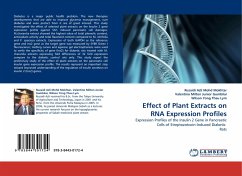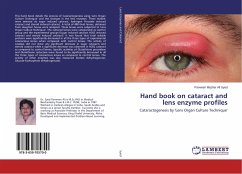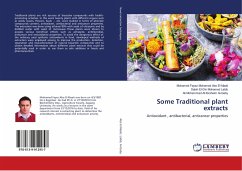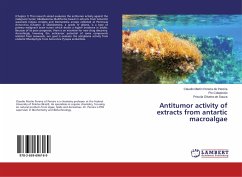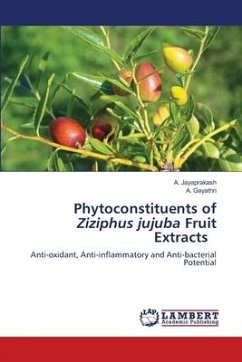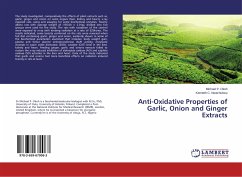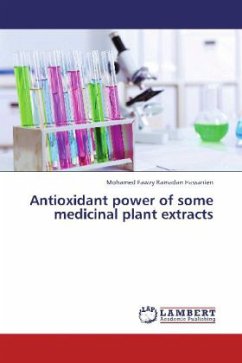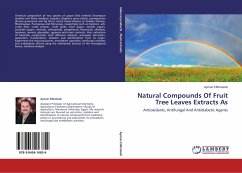Diabetes is a major public health problem. The new therapies developments that are able to improve glycemia management, cure diabetes and even protect from it are of great interest. This study investigated the effect of selected plant extracts on the Insulin 2 gene expression profile against STZ- induced pancreatic cell damages. M.charantia extract showed the highest value of total phenolic content, antioxidant activity and total flavanoid content compared to M. citrifolia and P. speciosa extracts. Expression of both GAPDH as the reference gene and Ins2 gene as the target gene was measured by SYBR Green I fluorescence; melting curves and agarose gel electrophoresis were used to verify the specificity of gene (Ins2) for diabetic rats treated with M. charantia extracts expressing fold differences of 32 fold expression compare to the diabetic control rats only. This study report the preliminary study of the effect of plant extracts on the pancreatic cell insulin gene expression profile. The results represent an important step toward improved understanding of the regulation of insulin secretion on insulin 2 (Ins2) genes.

